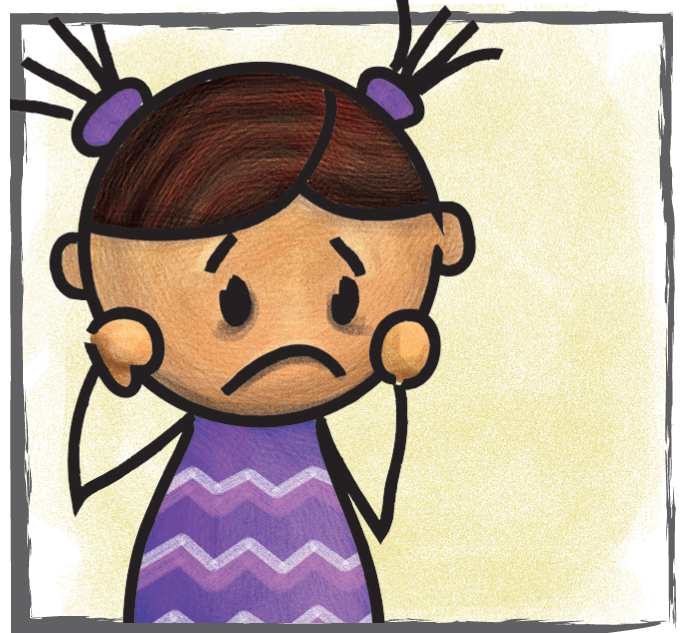By Nadine Briggs and Donna Shea
Children who seek a high level of control can present with a great deal of rigidity when they are asked to go about their daily routine. It becomes a struggle about things going their way or not at all. As parents, this lockdown mode can create a high  level of frustration as we struggle to convince our kids to comply. Here are eight tips to try the next time your child is locking down due to extreme anxiety over their for control:
level of frustration as we struggle to convince our kids to comply. Here are eight tips to try the next time your child is locking down due to extreme anxiety over their for control:
- When you feel frustration, communicate empathy- tell him or her you understand that they are upset and that you will do what you can to help.
- Keep your responses vague – if you start to offer possible solutions to a problem when someone is upset, there is a good chance that they will dismiss all of your ideas. A phrase such as, “we’ll figure it out” that is vaguer is more likely to offer comfort without fueling the anxiety.
- Find ways to consider the good things in life without being obvious – “Did you see the super cute thing Rover did today? ”
- Be careful with what your child hears you say to others – assume that your child is always listening. Kids can become very upset when they hear their parents recount unpleasant events or express their anger or disappointment.
- Remind your child that people do the best they can – when things don’t go the way your child expects or if people don’t respond the way they want, it might be helpful to remind him or her that everyone is doing their very best. Their best might not be perfect or even ideal, but it’s their best.
- When your child is calm, make a list of things he or she can control vs. things that are not within their control. For example, things that happened in the past are not something that can be controlled. Ruminating on past events is not going to change things but planning a strategy for if it happens again is something they can control.
- Change the channel from the bad things that are upsetting to ideas for how to make things better.
- Try not to be authoritative even if they are breaking the rules or being disrespectful. Instead tell them that you know things seem hard right now and that you are there to support them.
Understanding how to react to kids during very anxious times can help parents reduce the anxiety and work towards compliance, rather than becoming a source of escalation and further frustration.

